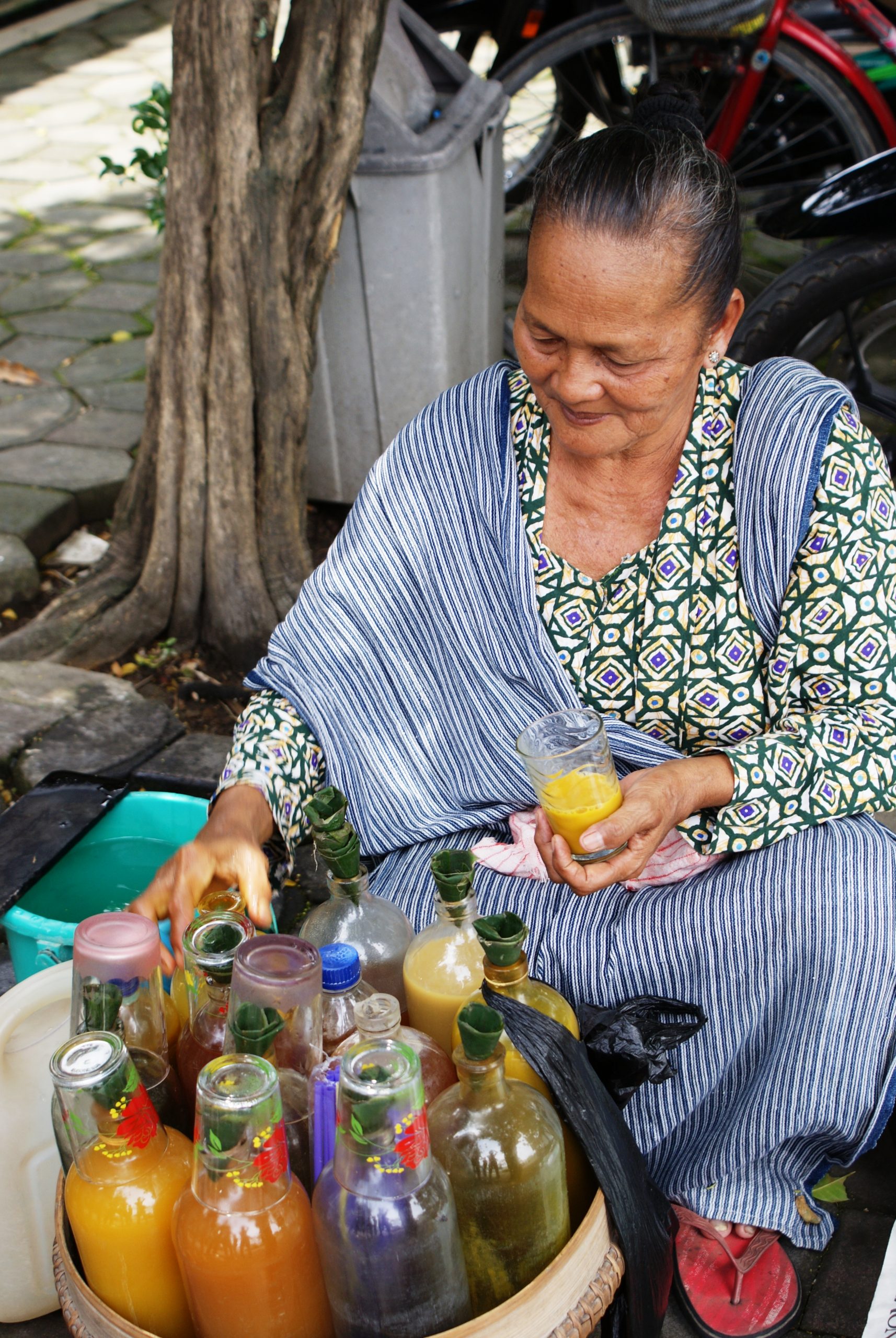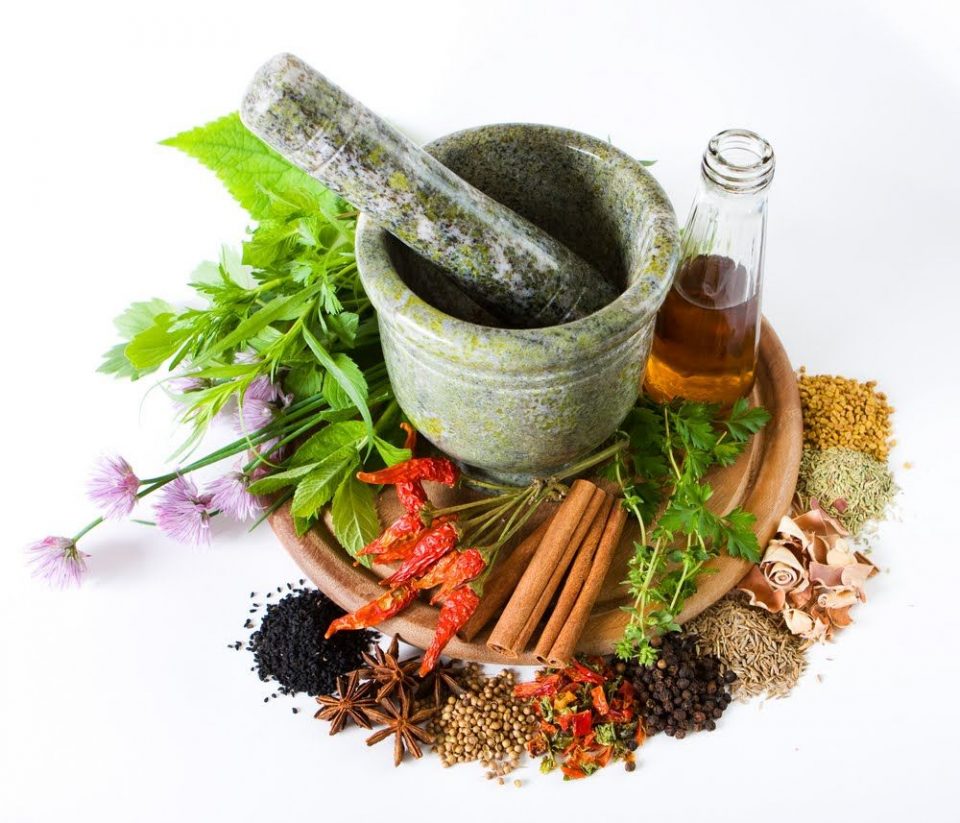Herbal medicine has greatly increased in popularity, due in large part to growing consumer interest in wellness.
It is natural and organic as is made from plant-derived substances, without including any animal substances. The plants used for herbal medicine, such as plant leaves, roots, seeds, bark, and even flowers, have been extensively studied to meet safety and quality standards.
Archaeological evidence indicates that the utilisation of medicinal plants dates back to the Paleolithic age, or roughly 60,000 years ago. In addition, some ancient cultures detailed about plants and their clinical uses in books called herbals. Today, the World Health Organisation (WHO) estimates that around 80 percent of the population in Africa and Asia rely on herbal medicine for their primary health care.
The National Agency of Drug and Food Control of the Republic of Indonesia has classified herbal medicine into three sections. The first one is jamu, which has not been involved in any clinical trials, but the efficacy has still been trusted for years. Then, there is standardised herbal medicine, which has been involved in only pre-clinical trials. Meanwhile, phytopharmica is more complex as it has not only been involved in extensive pre-clinical trials, but also clinical trials.
Based on research performed by the Ministry of Health of Indonesia, jamu is one of the most popular herbal medicines in the country. In 2010, almost half of the population in Indonesia aged 45 and above consumed jamu. Around five percent of the consumers drank jamu daily while the rest only drank it once in a while. There are many forms of jamu too, but the most favoured one is the liquid jamu which is used by as many as 55.16 percent of people. The other forms are powdered jamu used by 43.99 percent of people, brewed jamu which is consumed by 20.43 percent of people, and the least favourite form is fabricated jamu in pills, tablets, or capsules which only 11.58 percent of people use.
Usually, jamu is sold by female street hawkers wearing kebaya, or Indonesian traditional clothes, carrying a bamboo basket filled with bottles of jamu on their backs. The taste of jamu is mostly bitter, but some are sweet too, if they have honey or palm sugar added. It’s best served chilled to give it a touch of freshness.
Ima, 48, is a housewife who told me that she consumes jamu on a daily basis to help maintain her health. She likes to make her own jamu for her family although sometimes she’ll also buy from street hawkers. Her husband who has suffered from chronic kidney disease also consumes jamu aside from the prescribed medicine to boost his recovery.
“My husband thinks that jamu is his natural remedy as he feels a lot better after consuming it,” she added.
In terms of ingredients, Ima only uses roots and spices which can be easily found in the traditional market, such as turmeric, ginger, tamarind, curcuma, galangal, clove, and cinnamon. She sometimes adds herbal leaves too, for example, dried sambiloto, fennel leaf, and nutmeg leaf for colour and flavour. “My favourite jamu is the one which tastes bitter, usually dark-coloured. I believe that bitter is better,” she said.
The Efficacy of Jamu 
In order to get more information about this traditional medicine, I spoke to an expert in herbalism, Mutiara Lathifah Al-Adawiyah, A.Md. Batra. According to Mutiara, jamu is actually one of the preventative measures in disease treatment because it can boost our metabolism and immune system. “Some people may think that jamu can cure all kinds of sickness, especially during this pandemic. They even mislead about the efficacy of jamu as the main remedy for COVID-19. In fact, jamu can only prevent illness,” she emphasised.
Although herbal medicine like jamu contains active ingredients made from plant parts, it does not always mean that it is safe to be consumed regularly. Mutiara revealed that it needs a thorough consideration from a doctor or pharmacist, especially when it comes to a patient with severe digestive problems. “Some people may not be able to handle the side effects of those herbs. Therefore, they need to control their jamu intake and ingredients,” she said.
However, if there are no symptoms of allergic reactions to jamu, she suggested consuming at least once or twice a day on a full stomach. “At first, you may experience discomfort to your stomach. Don’t worry, it’s the detoxification process from your body and it is normal. You will feel fresh and more energetic afterwards,” Mutiara asserted.
Get the Best Out of Jamu Products
There are a lot of jamu products out there and it’s worth noting that not all of those products are safe. There are many reported cases of unknown herbal poisonings which lead to a fatal outcome. Responding to this situation, Mutiara highlighted that basically, jamu is safe to be consumed as long as it doesn’t contain any synthetic drugs. Therefore, we need to be aware of any jamu product which claims to cure all kinds of disease. “Before you buy instant jamu products, read the label first. Examine whether the product is National Agency of Drug and Food Control approved or not. Next, see if it contains any harmful ingredients and check its expiration date,” she advised.
It’s also essential to store the product in a dry place and out of direct sunlight to avoid chemical reaction in the products. More importantly, purchase any jamu product from trusted shops only. “If you don’t want to risk any adverse effect of jamu, it’s better to make your own at home. It’s simple and tasty,” she added.
There are no special rules for how to make it. Mutiara said that the key is to pick fresh as well as good quality spices and rinse them well before cooking. In terms of cookware, she recommended using a stainless pan rather than an aluminium pan because the heavy metal of the aluminium cookware can be absorbed into the spices. It may deplete the efficacy of the spices and becomes toxic to the herbal beverage instead.
Furthermore, Mutiara explained that there are no specific rules for the recipe. “You may add your favourite spices and other ingredients. If it’s too bitter, you can also add palm sugar or honey. Even orange or lemon juice can also be added if you like it a bit sour,” she said.




